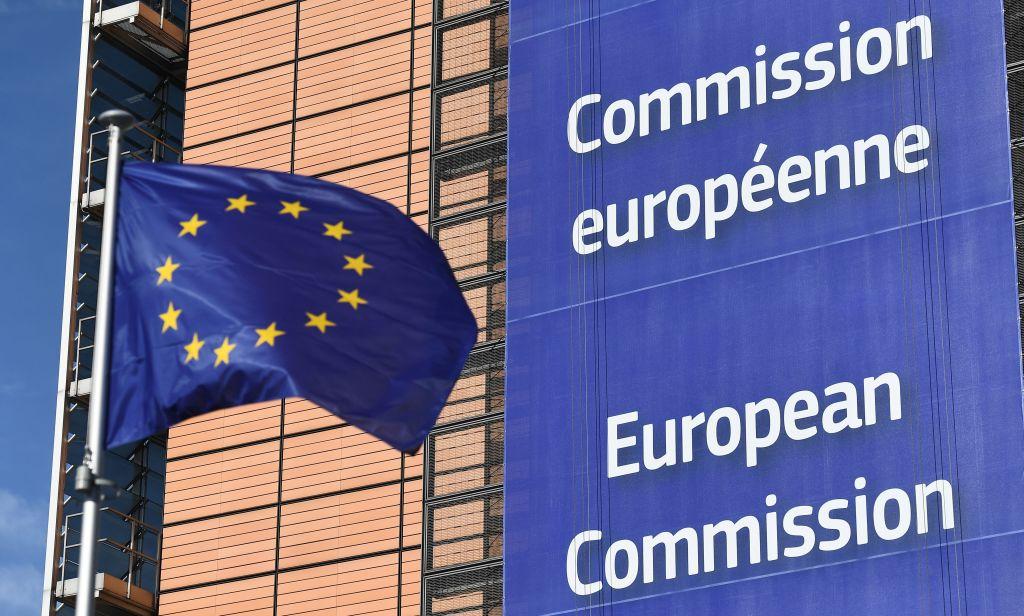European companies face great hurdles while doing business in China that prevent the firms from operating “on a level playing field,” according to the latest annual paper issued by the European Union Chamber of Commerce in China.
The paper, issued on Sept. 19, listed 14 common concerns faced by European companies in 22 sectors, including agriculture, automobile, banking and securities, construction, insurance, logistics, and petrochemicals.





